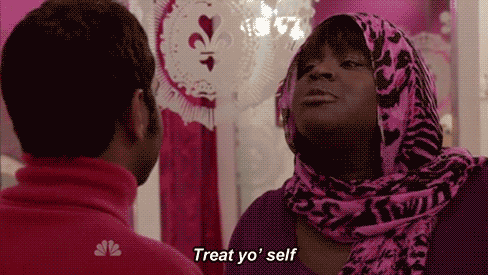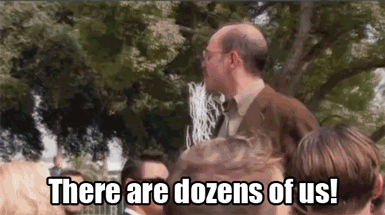My first project were these whimsical tablecloths:
They're always covered in hair (the cats, mine is too short to shed) and there isn't quite enough room on our table to lay out all four of them. I don't normally like cutesy but I saw the pattern and I knew I had to have lovebirds placemats to call my own.
Next up came the obsessive baking:

Everyone should know how to make bread, right? Making bread made me feel like I was reclaiming my inner pioneer woman by getting in touch with how basics are made. Never mind that I used my kitchen-aid to mix the dough. The baking phase was fun, and I was sad when I couldn't do all the standing required to bake and cook. I then turned my attention to finishing unfinished projects:
 |
| Haha morphine bottle to the right |

I also started this bizarre wool cat applique "penny rug" project. It's very confusing: why do the cats have carrot noses? Why are some cats wearing hats? I started it when I was visiting Toronto and my friend Jen was taken with it. Jen has claimed it.
I completed my first commissioned project:
Oh, and I made a recovery quilt for myself. I put that one up on an earlier post. Actually all the frenzied crafting started to make my right forearm really sore from lifting the iron up and down and repeated rotary cutting. I took a break from sewing to knit a sweater for my friend Laura. It's almost done- I just have to weave the loose ends in. I knit the shit out of it pretty quickly because I have watched at least 5 NHL games (!) this year, which is way above my annual quota. Knitting is great if you're feeling stressed or worried. Or if you are watching hockey.
I don't yet have the heart to tackle one knitting project that is haunting me: the reverse mullet cardigan. I made it for my sister-in-law, and somehow the front ended up being a good seven inches longer than the back. It looks absolutely ridiculous. I either have to knit more or rip out a lot of stitches. Ugh.
The last craft I've taken on is paper piecing, a really nifty quilting method.
I nearly had a major meltdown on Friday because it's tricky and I cut 240 small pieces the wrong length... but crisis averted, I figured it out, and it's really fun.
Oh I also got most of a wedding planned this winter. That was fun, too. Next major craft I have planned is embroidering things for the wedding.
For the next phase of crafting, my mother, in all her OT wisdom, is instituting "craft Tuesdays" after my surgery. I can't tell if she's joking or not. I think she is serious. What I think will happen is that you can come over with a craft and bag of M+Ms for me and we can all craft together. Therapy for all!

















